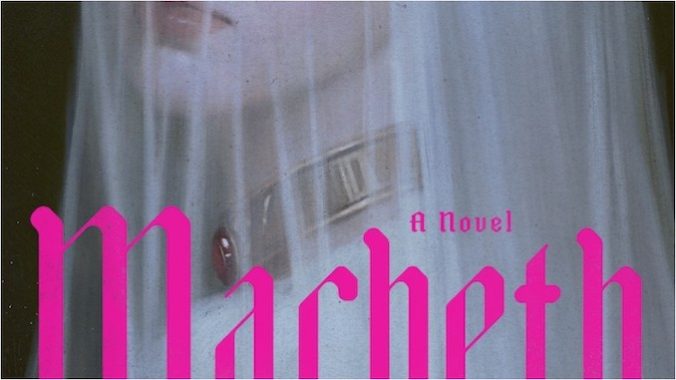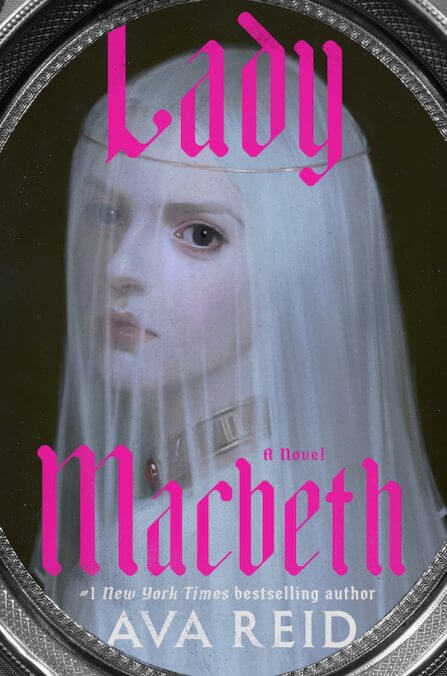Exclusive Cover Reveal + Q&A: Ava Reid Introduces Us to Her Thrilling New Take on Lady Macbeth

One of the most welcome trends in publishing in recent years has been its embrace of feminist retellings of classic literature, stories that reimagine famous works from female perspectives or that give the women we’ve long been told were afterthoughts on good days, or outright villains on their worst their voices back. From Madeline Miller’s Circe to Genevieve Gornichec’s The Witch’s Heart, this subgenre is home to some of the most rich and fascinating storytelling hitting shelves right now.
Author Ava Reid has leaned into feminist retellings in the past, incorporating elements of Hungarian history and Jewish mythology into The Wolf and the Woodsman and putting her own spin on the story of The Juniper Tree with Juniper and Thorn. Now, she’ll tackle the story of one of Shakespeare’s most iconic—and perhaps most misunderstood—characters: Lady Macbeth. And while Reid’s take on the Bard’s most famous female character, titled simply Lady Macbeth, promises to have plenty of dark magic and a brooding gothic atmosphere, it is also simply a story of the choices and compromises a woman must make to survive and thrive in a patriarchal environment. (And the reputation such actions inevitably give rise to, whether it’s deserved or not.)
Here’s how the publisher describes the story.
The Lady knows the stories: how her eyes induce madness in men.
The Lady knows she will be wed to the Scottish brute, who does not leave his warrior ways behind when he comes to the marriage bed.
The Lady knows his hostile, suspicious court will be a game of strategy, requiring all of her wiles and hidden witchcraft to survive.
But the Lady does not know her husband has occult secrets of his own. She does not know that prophecy girds him like armor. She does not know that her magic is greater and more dangerous, and that it will threaten the order of the world.
She does not know this yet. But she will.
Lady Macbeth is set to be released on August 6, 2024, but we’re thrilled to be able to reveal its (absolutely stunning!) cover right now—and get a sneak peek from Reid herself about what to expect from her version of Shakespeare’s story.

-

-

-

-

-

-

-

-

-

-

-

-

-

-

-

-

-

-

-

-

-

-

-

-

-

-

-

-

-

-

-

-

-

-

-

-

-

-

-

-









































